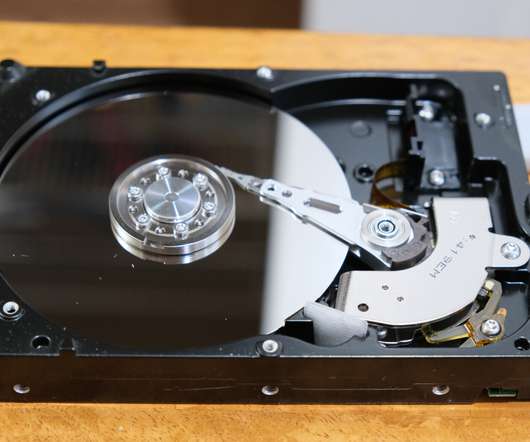Poor Disk Performance
Brendan Gregg
MAY 8, 2021
An average of 434 ms is awful, and a small queue size (aqu-sz) indicates it's a problem with the disk and not the workload applied. From these outputs I try to determine if the problem is: - **The workload**: High-latency disk I/O is commonly caused by the workload applied. Note the sdb latencies range from 32 ms to over 2 seconds!










Let's personalize your content